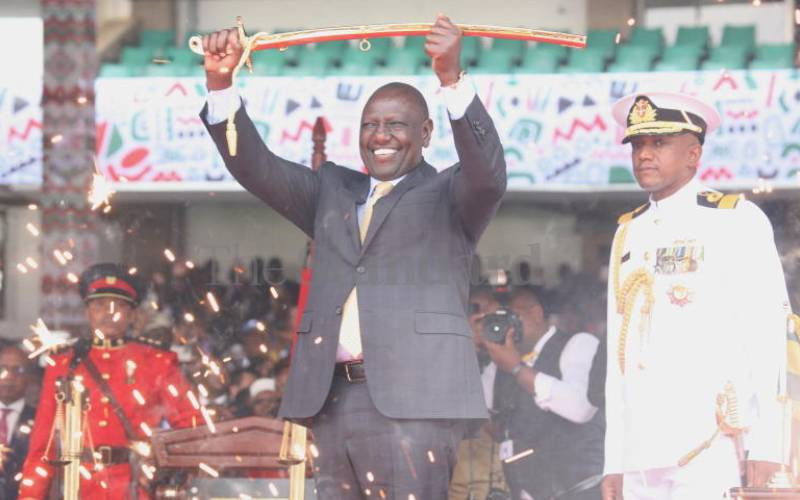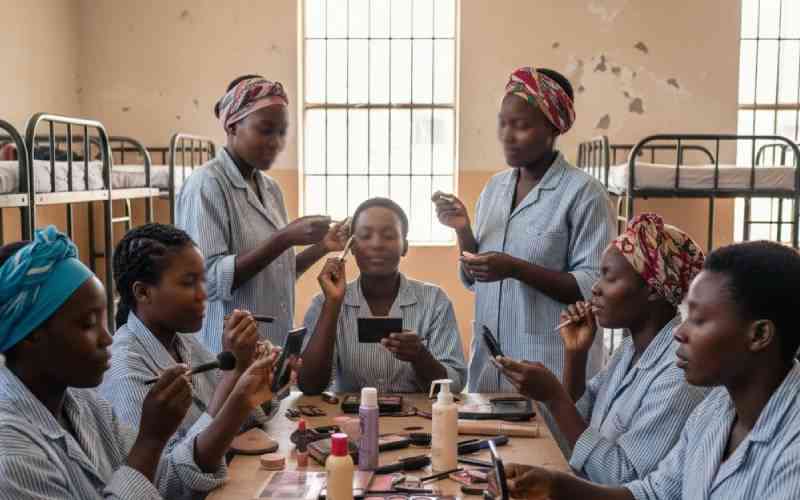
It is now the turn of President William Ruto to steer Project Kenya forward.
Yet it is striking that commentary has been tentative since his victory was announced by the Independent Electoral and Boundaries Commission on August 15, and affirmed in highly colourful language by the Supreme Court on September 5.
Indeed, despite being an elected leader since the late 1990s, and Deputy President for most of the last decade, Dr Ruto comes across as an unknown quantity in what Kenyans should expect of his presidency. The standard refrain is he must unify Kenyans and fix our current economic woes.
 The Standard Group Plc is a multi-media organization with investments in media
platforms spanning newspaper print
operations, television, radio broadcasting, digital and online services. The
Standard Group is recognized as a
leading multi-media house in Kenya with a key influence in matters of national
and international interest.
The Standard Group Plc is a multi-media organization with investments in media
platforms spanning newspaper print
operations, television, radio broadcasting, digital and online services. The
Standard Group is recognized as a
leading multi-media house in Kenya with a key influence in matters of national
and international interest.

